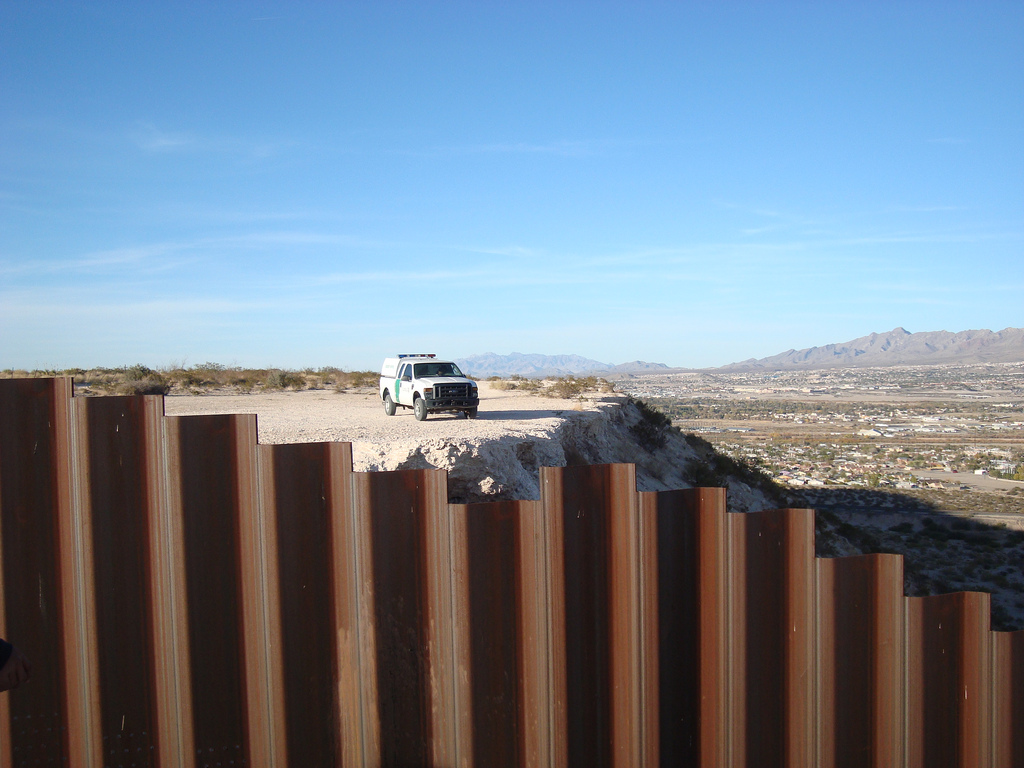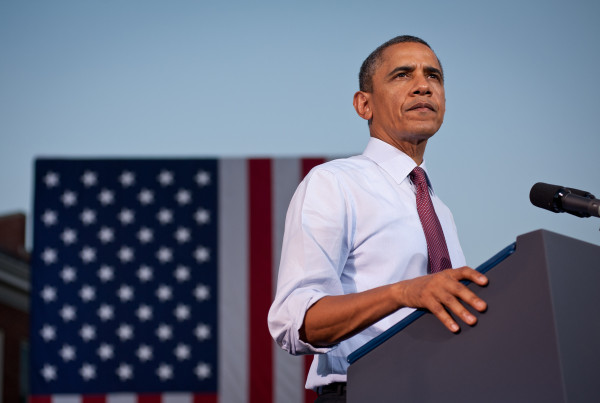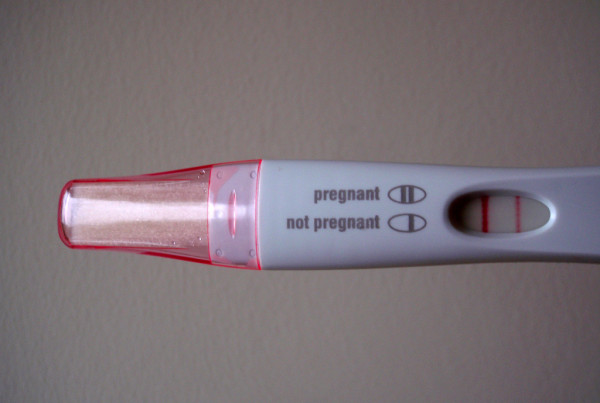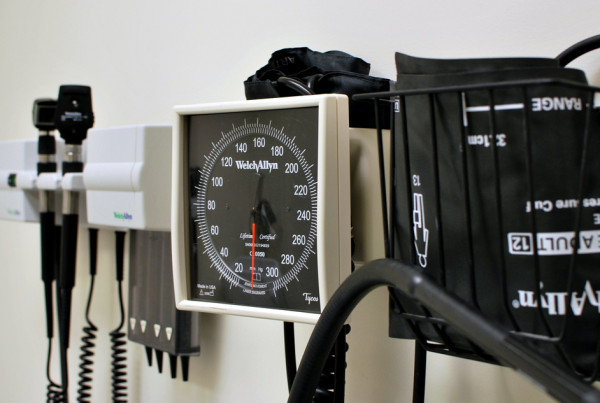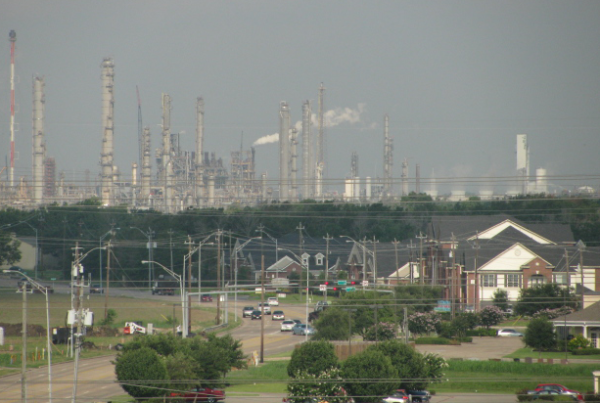Earlier this month, Texas Governor Greg Abbott approved $800 million in additional funding for border security. It sparked a debate over whether or not that increase in funding will deter undocumented immigrants from crossing the border. But one thing’s for sure — small towns along the Texas-Mexico border are getting some economic benefits from the increase in border patrol efforts.
One of the region’s counties, Starr County, is the poorest in all of Texas and the ninth poorest in the country. Rio Grande City, the seat of Starr county, is trying to turn that around by using the surge of money at the border to invest in its future. It will put $125,000 towards a new park, $80,000 towards a new hike and bike trails and $1.3 million towards buying a vacant building for a new city hall.
That’s a lot of investment for a town of only 14,000 inhabitants, so where exactly is all this money coming from? Lauren Etter with Bloomberg Business says that for towns like Rio Grande City, the increased funding for border security has turned into “a great and most unusual economic stimulus package.”
“This is not something that has been billed as an economic stimulus package,” Etter says. “But over the years, the state of Texas has been spending more money on border security… and that’s trickling down to some of the local communities.”
Many of the economic benefits have come from the influx of border agents who arrive in towns like Rio Grande City with basic needs that local businesses can fulfill.
“The agents that are down there, they have to eat somewhere, they have to sleep somewhere,” Etter says. “It turns out that they’re staying in a lot of the hotel rooms down there, they are eating in a lot of the local restaurants, and people who live in the town are starting to say ‘Hey look, this is actually pretty good for our economy.'”
Democratic lawmakers who previously opposed increased border security are split on whether or not this de facto economic stimulus is a good thing. Some lawmakers “are still maintaining their position that extra security is not needed down there” because it’s not a dangerous place, says Etter, but a number of previously opposing politicians say that if Texas is “hell-bent” on having this security, might as well start looking at it as an investment.
Many border towns were upset last year when former Governor Rick Perry deployed the National Guard as a response to the surge of migrants from Central America, mostly mothers and children.
“There was a lot of sense like, ‘Hey, we’re not a war zone, we don’t need all these troops on our border,'” says Etter. But attitudes might be changing now that National Guard troops are gradually being replaced by agents from the Texas Department of Public Safety. And unlike the National Guard troops, these new DPS agents will be permanently stationed at the border.
But will the economic benefits be as permanent as the DPS agents? Maybe.
“It’s sort of a double-edged sword,” says Etter. “But while it’s here, they’re going to try to get as much as they can from it and try to use the extra revenue that they are getting from it.”


